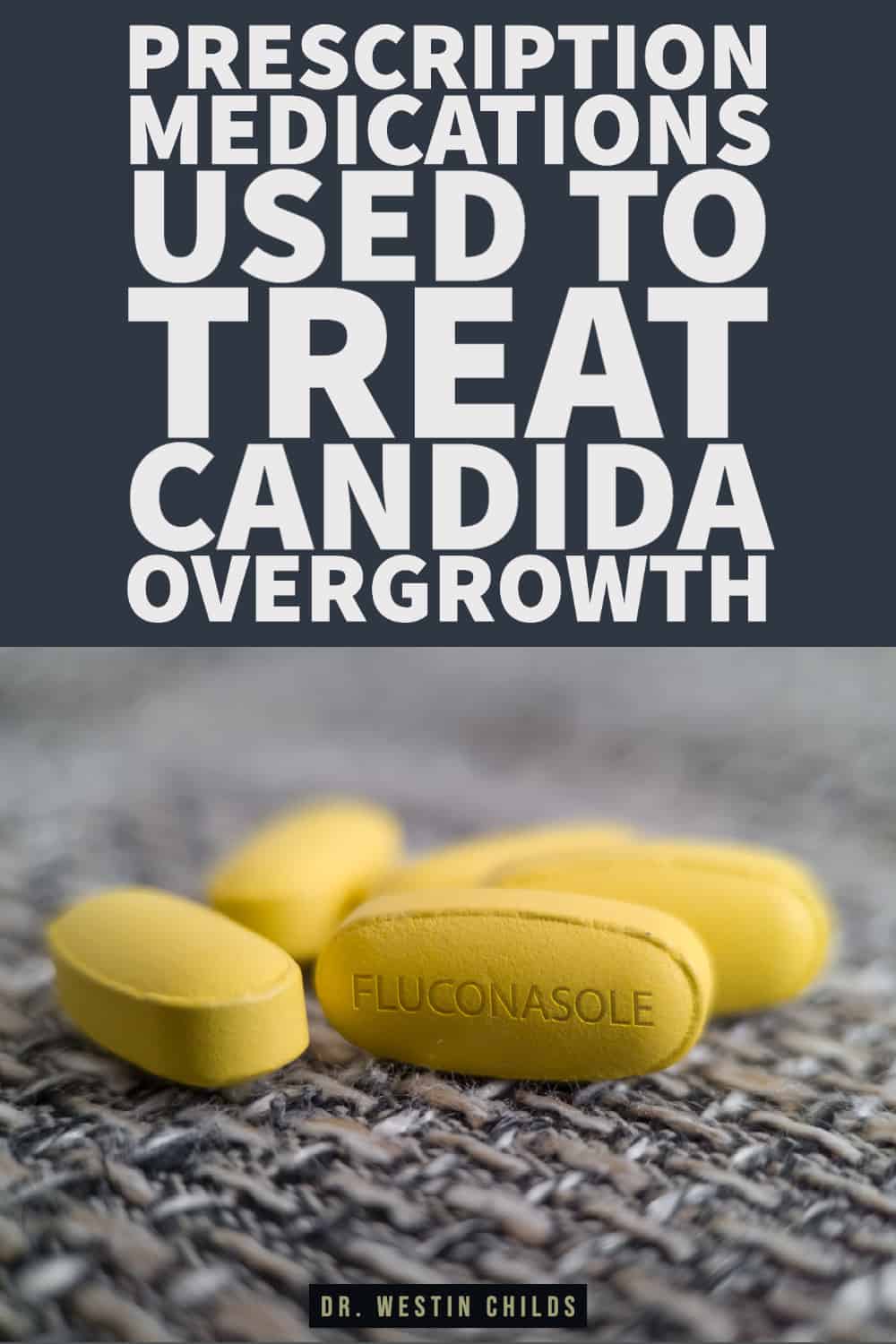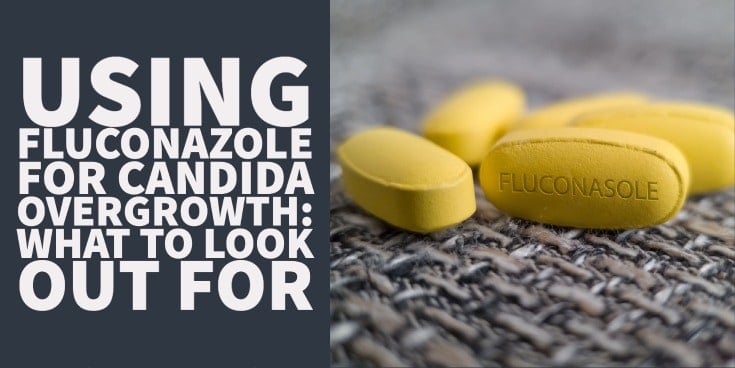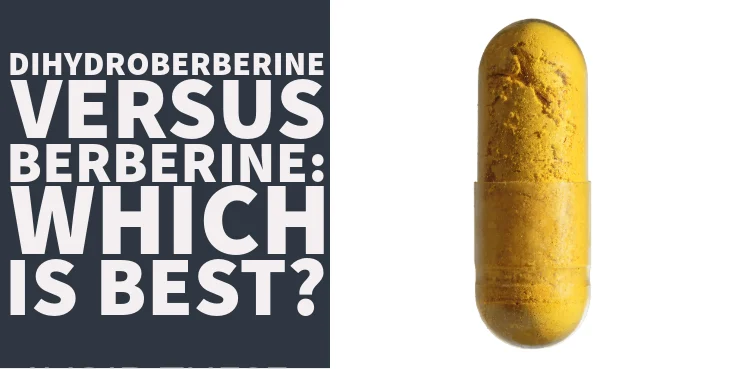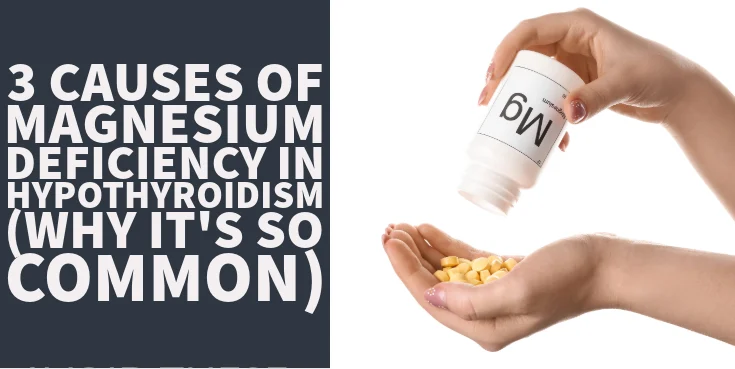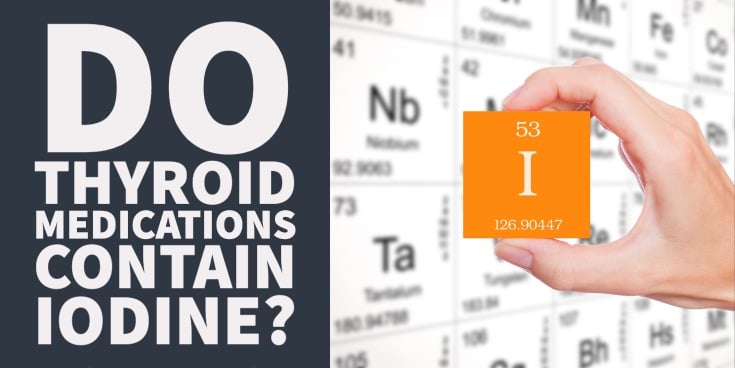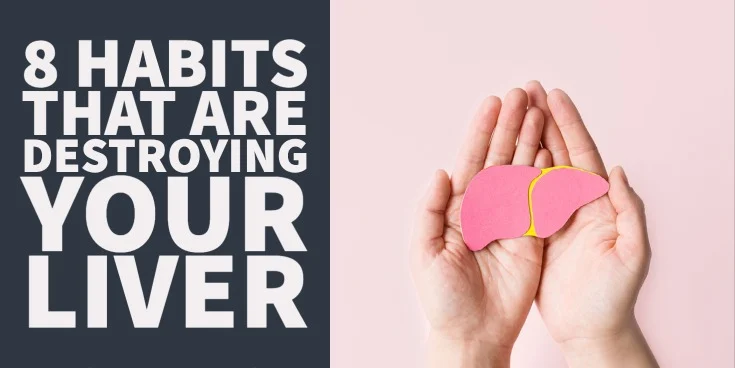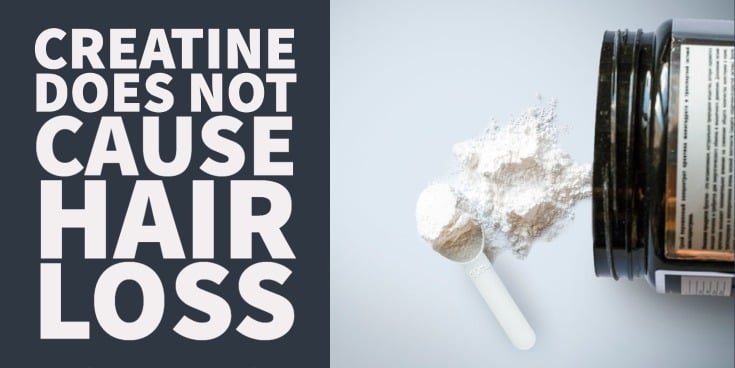Candida overgrowth is a condition that affects many patients, especially those with existing gut problems and those with thyroid disease.
Among the many treatments available are some which require a doctor’s prescription.
In this article, we are going to focus on fluconazole (also known as Diflucan) which is a prescription medication that is particularly effective at killing the candida species.
This medication is a potentially great option for many people because it is effective and does not typically carry negative side effects.
Candida Overgrowth & Treatment
Candida overgrowth sometimes referred to as small intestinal fungal overgrowth or SIFO, is a condition characterized by an overgrowth of this fungus in your intestinal tract.
The overgrowth of this fungus can lead to certain symptoms including fatigue (1), sinus infections (2), digestive issues (3), reduced absorption of nutrients (4), and food intolerance.
There’s obviously some controversy surrounding this condition which is apparent with some simple searches on the internet:
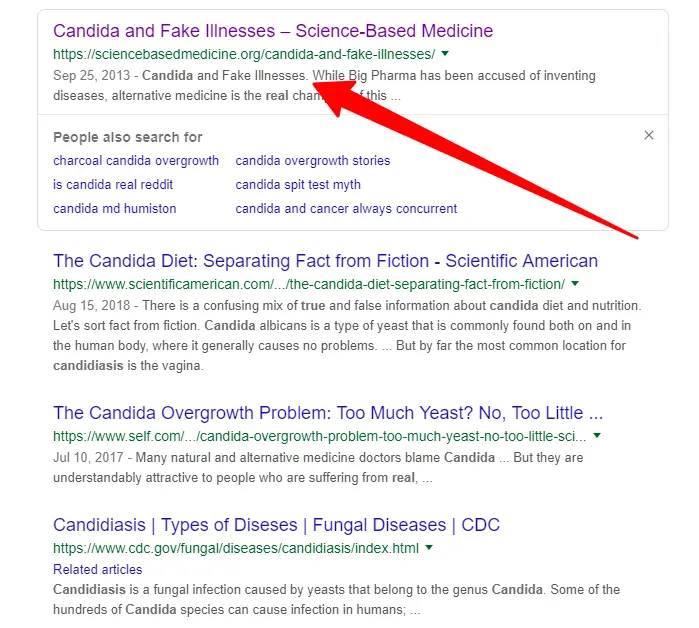
This controversy stems from the fact that conventional medicine believes that candida is really only a serious issue if you are severely immunocompromised.
Meanwhile, the integrative/natural community believes that candida is a common condition found in the intestinal tract of many people and which causes negative symptoms.
The truth, as always, is really somewhere in between.
My personal opinion is that candida overgrowth can certainly be an issue for some people while others may have the same level of fungus in their intestinal tract and not have any issues.
Your susceptibility to candida and its effects probably has a lot to do with your own personal genetics (5), your personal history, your immune status, your gut status, and so on.
But that’s a topic for another day:
I’m not going to get into the controversy surrounding this medical condition in this article but I at least want to point out that it exists.
I’m going to assume, for now, that you know or at least suspect that you have this condition and you are looking for treatment.
And the treatment we are going to focus on today is the prescription medication known as fluconazole.
*Note: this isn’t the only way to treat candida, though! Later we are going to discuss some natural options as well.
What is Fluconazole?
Fluconazole is a prescription medication, which means you need a doctor to give it to you, and it’s designed to eradicate certain fungi.
Fluconazole is typically given to people who have the manifestation of candida such as thrush or yeast infections.
The good news is that it can also be used to treat intestinal candida/fungus as well.
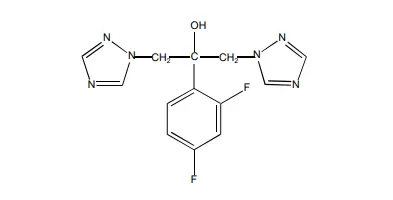
And, if you are someone who has or who semi-frequently suffers from conditions such as thrush or vaginal yeast infections then there is a very high probability you also have candida in your intestinal tract.
After all, where do you think the infections are coming from?
Back to fluconazole for a minute.
Fluconazole works by preventing certain fungi from keeping their cytoplasmic membrane intact.
Basically, it helps weaken the ‘shield’ that protects fungus from outside forces.
It has shown activity (meaning it can kill) the following species:
- Candida albicans
- Candida glabrata
- Candida parapsilosis
- Candida tropicalis
- Cryptococcus neoformans
Some species, such as Candida krusei are considered to be resistant to fluconazole and so should not be used to treat that specific strain.
Fluconazole is the generic medication while Diflucan is the name-brand. So either of these medications should work if you are attempting to treat your candida overgrowth.
Fungal Resistance to Fluconazole
One potential downside to using fluconazole is the fact that many species of candida have become resistant to its effects.
This concept also occurs with certain bacteria which have become antibiotic-resistant due to the overuse of certain antibiotics.
The same thing has occurred, at least somewhat, with fluconazole and candida (6).
Certain species of candida have become resistant to fluconazole.
As a patient, this is very important to know and understand.
Why?
Because it may impact how you feel when you start taking fluconazole.
Imagine you are taking fluconazole for candida but you aren’t feeling any better while taking it.
If this occurs, and you are sure your symptoms are at least mostly related to candida, it could be a tip-off that your species is resistant to fluconazole and that you may need a different type of therapy.
Resistance to fluconazole seems to occur on a personal level.
Meaning, the more times YOU use Diflucan or fluconazole the more resistant the strain of candida in YOUR body becomes (assuming it is not all killed off).
So even though certain species of candida are resistant to fungal medications does not mean or guarantee that the species in your body will be resistant to them.
Because of this, it’s still worthwhile to try these medications (assuming you don’t have any contraindications to using the medication).
Side Effects
A couple of points to remember as we talk about the side effects of prescription medications.
#1. Side effects always sound scary.
Prescription medications must include ALL potential side effects which have ever been reported (even once and even if they were only closely associated but not caused directly by the medication).
Have a healthy respect for side effects from medications but don’t automatically assume that they will occur.
#2. Side effects tend to be related to the DURATION of therapy and the DOSAGE you are using.
Side effects caused by medications are typically dose-related.
The higher the dose you are taking and the longer you are taking them the more likely you are to experience negative side effects.
Fluconazole, for instance, is generally only used for a few days (sometimes up to a month), and at this level of usage, the risk for side effects is quite low.
#3. Just because you CAN get these symptoms does not mean that you will.
The list of side effects is a list of all possible side effects but the risk that you will have any side effects is actually fairly low and in your favor.
Major side effects are quite rare with most medications (if they weren’t then the medication would be pulled from the market).
Common side effects typically fade on their own with time.
I’m not necessarily advocating the use of fluconazole to treat Candida but I also want to be fair to the therapy.
It’s easy to jump on the back of prescriptions and convince yourself that they are always bad because of their potential for negative side effects.
But the reason we know so much about these medications is that the FDA helps keep track of them.
Nothing like that exists for dietary supplements (at least not to the same degree), so supplements probably CAN cause a variety of symptoms as well but no one is keeping track of them.
Common side effects may include:
- Nausea
- Abdominal pain
- Diarrhea
- Rash
- Vomiting
My experience has been that most people do not experience any negative side effects when taking fluconazole.
Those who do have symptoms usually have a mild headache or an upset stomach which fades over the course of 5-7 days or so.
More serious (but less common) side effects include:
- QT prolongation
- Anaphylactic reactions
- Cholestasis
- Liver failure/liver issues
- Jaundice
*Note: I have never seen anyone react with any of these side effects and I have used this medication probably several hundred times. It doesn’t mean that they don’t occur but they are not common.
You’ll notice that many of these serious side effects have to do with the liver.
Because of this, fluconazole should NOT be used in people who have known liver dysfunction.
It should also NOT be used if you have a known hypersensitivity to fluconazole or to other ‘azoles’.
*Note: this is not a complete list of side effects of fluconazole. I just wanted you to be aware of SOME of the more common and more serious side effects potentially associated with this medication.
For a more complete list of side effects, you can look here (7).
Over-The-Counter Supplements vs Prescription Medications for Candida
It may be tempting to think or believe that prescription medications are always more powerful than over-the-counter supplements.
And while this may make sense intuitively, it certainly isn’t always the case.
Some studies, such as this, have shown that herbal antibiotics/antifungals can be just as potent (if not more potent) than conventional prescription medications.
Having said that, prescription medications certainly have their place, especially when treating gut-related issues such as SIFO (candida) and SIBO.
If you prefer the ‘all-natural’ approach OR if you’ve tried Diflucan/fluconazole without success, there are still many options available to you.
I’ve compiled a list of supplements below that you may want to consider if you have candida:
- Coconut oil (8) and/or monolaurin (9) – This over-the-counter food/fat has shown potent anti-fungal and anti-bacterial activity in some studies. 1-2 tablespoons per day may help kill off extra fungus in your GI tract. But be careful, don’t go overboard on fat consumption or you may gain weight. You can also just get the monolaurin subfraction of coconut oil in this supplement.
- Essential oils (10) – Essential oils, when consumed, have both potent anti-bacterial and anti-fungal action. The key to getting them to work is using the right dose and getting them into your body. This may require carrier oils or encapsulation of the oils.
- Candibactin ar + br – For most cases, the combination of these two supplements (Candibactin ar and candibactin br) is usually sufficient to kill off yeast overgrowth. This combination of essential oils (thyme, oregano, sage) and berberine is quite effective. This is probably because more diversity in antifungals equates to a higher kill rate of the fungus and a decreased resistance to whatever you are using.
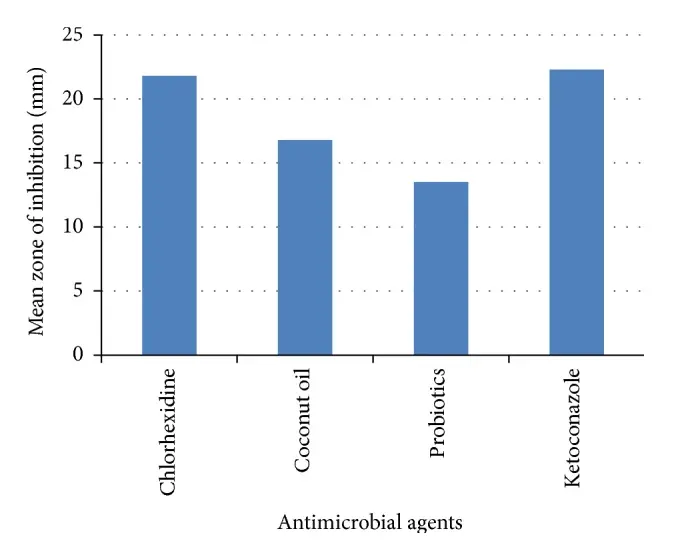
These supplements can also be combined with prescription medications (such as fluconazole) to increase effectiveness and reduce the risk of fungal resistance.
When I treat patients for fungal overgrowth or candida, I typically use multiple options for that very reason.
Another important point to consider is that killing off candida is only part of the equation to treating your issue.
If you kill off candida but do not fix the issues that caused it to overpopulate in the first place then you will eventually end up where you started.
You will want to ensure that you take the proper precautions such as changing your diet (to avoid the foods that candida likes to eat and which make it grow), reducing your stress (which can weaken your immune system), and providing your body with healthy probiotics to take the place of the candida once it’s gone.
These steps are all very important to not only treating candida but also ensuring that it does NOT come back.
Conclusion
Candida is incredibly common, though perhaps not quite as common as you may think, and should be addressed swiftly if identified.
As a patient, you have MANY options for treatment available to you.
Some are available over the counter and some are available via prescription only.
Fluconazole/Diflucan falls into the last group and is an effective medication for treating candida in many cases (though not all).
My recommendation is to use fluconazole in combination with other over-the-counter supplements to enhance its effectiveness.
This combination of supplements should help you kill off fungal species in your gut (and other places) and diminish the likelihood that they will come back.
Now I want to hear from you:
Are you suffering from candida overgrowth?
Do you suspect that you have it?
Have you used fluconazole before? Did it work for you?
Why or why not?
Leave your questions or comments below!
